For the treatment of bronchitis there are a number of drugs. All of them help to alleviate the course of the disease, but in some respects they differ from each other.
Record content:
- 1 General recommendations for the treatment of bronchitis
- 2 Classification of drugs
-
3 Drug therapy
- 3.1 Expectorant syrups
- 3.2 Pills
- 3.3 Antiviral drugs
- 3.4 Mucolytic drugs
- 3.5 Bronchodilator drugs
- 3.6 Antibiotics
- 4 Features of the use of drugs for bronchitis in children
- 5 Inhalation
- 6 Physiotherapy
- 7 Breathing exercises
- 8 Folk remedies
- 9 Videos about bronchitis
General recommendations for the treatment of bronchitis
With bronchitis, the treatment regimen should be selected by the doctor depending on the cause of the disease and the age of the patient, whether he has contraindications and the tolerance of treatment.
With uncomplicated inflammation of the bronchi, treatment can be carried out at home. Small children, weakened patients, as well as people suffering from severe pathologies are subject to hospitalization. While the temperature is high, bed rest is recommended.
Mucolytic and expectorant drugs are prescribed to facilitate the secretion of phlegm. Drinking plenty of fluids is also recommended. It can be not only ordinary water, but also compotes, rosehip infusion, tea with linden and mint, warm milk with honey.
It is necessary to constantly carry out wet cleaning in the room where the patient is located, as well as ventilate him. The diet should be dominated by plant foods, lean meat and fish. An uncomplicated form of the disease can be cured within 10-14 days, but with a severe course of the disease, therapy can last up to a month.
Classification of drugs
With bronchitis, drugs of the following groups are prescribed:
- antiviral and antibacterial agents;
- expectorant drugs that promote the formation of phlegm and facilitate its excretion;
- mucolytics, which thin thick, viscous phlegm and promote its removal from the respiratory tract;
- bronchodilator medicines.
In addition, antipyretic drugs can be prescribed to normalize the temperature, antihistamines are prescribed to relieve signs of allergy.
Drug therapy
The pharmaceutical industry produces many drugs for the treatment of bronchitis.
Expectorant syrups
Licorice syrup helps with bronchitis, which stimulates the formation of phlegm and the activity of the ciliated epithelium of the respiratory tract. Its main components stop the inflammatory process.
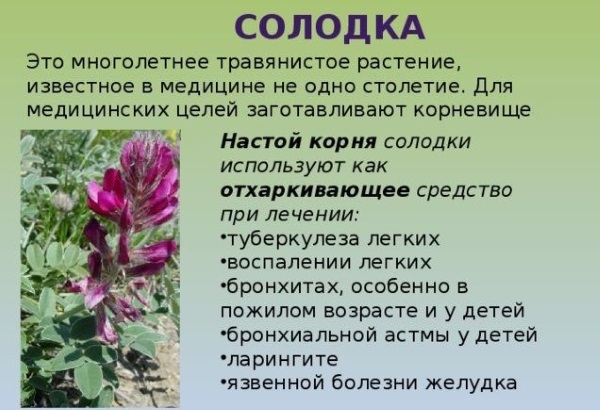
Licorice syrup should not be taken by women in position.
It is prohibited for the following pathologies:
- arrhythmia;
- diabetes;
- low content of potassium ions in the blood;
- high pressure;
- allergy to the composition of the syrup;
- severe kidney and liver dysfunction.
Licorice syrup can cause increased blood pressure, edema, dysfunction of the reproductive system.
Expectorants include Gedelix syrup, which contains ivy extract as the main component. With bronchitis, it should not be drunk by women who are expecting a baby and who support breastfeeding. It is also forbidden to take it in case of intolerance to its composition, otherwise it can provoke allergies. Sometimes Gedelix syrup causes stomach pains.
Pills
Mukaltin, which is available in tablets, helps with bronchitis. This is a herbal preparation based on marshmallow. It promotes the discharge of phlegm, relieves inflammation. It cannot be drunk if you are hypersensitive to its composition, since in this case it can provoke allergies.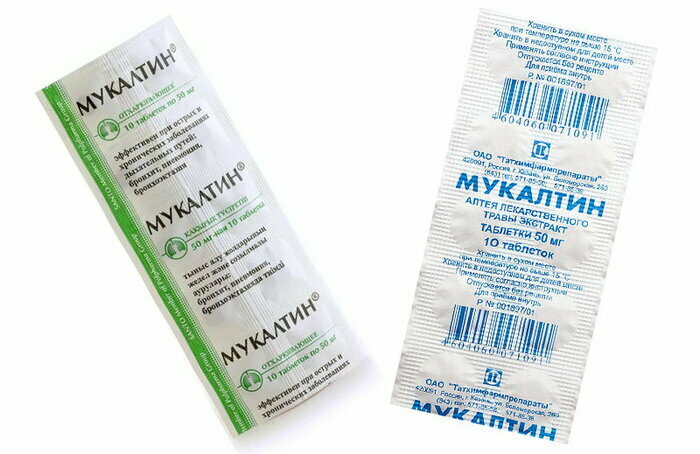
Expectorants include cough tablets, which contain thermopsis herb and sodium bicarbonate as the main components. The medicine reduces the viscosity of the phlegm and makes it easier to evacuate.
Cough pills should not be drunk by pregnant and lactating patients, with allergies to their composition, tuberculosis and malignant neoplasms of the lungs, exacerbation of peptic ulcer disease. They can provoke nausea and allergies.
Antiviral drugs
With bronchitis of a viral nature, antiviral agents can be used. Interferon-based drugs (Grippferon) can be instilled into the nose. They are also available in the form of rectal suppositories, these are drugs such as Viferon, Genferon.
In addition, you can take antiviral drugs by mouth, such as Amiksin, Kagocel. But at present there is no evidence that they are effective specifically for bronchitis, since they have not undergone clinical trials and have not confirmed their effectiveness and safety.
Mucolytic drugs
Mucolytics include ambroxol-based drugs. They are on sale under different trade names Ambrobene, Lazolvan, Ambrohexal. They are not only in dosage forms for oral administration, but in solutions for inhalation.
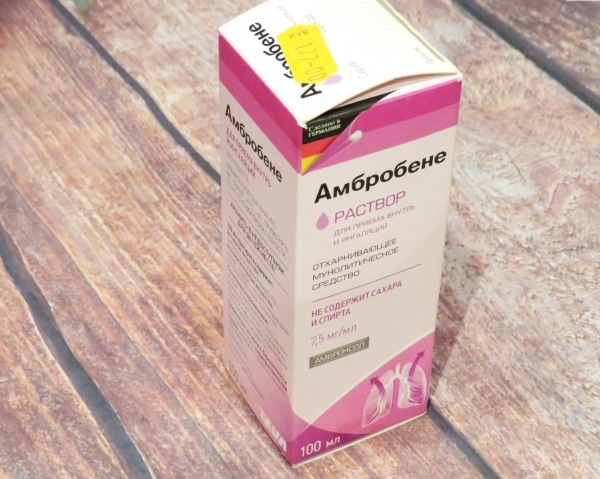
They are contraindicated in the first three months of pregnancy, as well as in case of intolerance to their composition. Treatment with them can cause allergies, nausea, diarrhea, dry mouth, and abdominal pain.
Bronchodilator drugs
If bronchitis is accompanied by obstruction, then bronchodilators or bronchodilators are prescribed. These medicines eliminate spasms of the smooth muscles of the bronchi. Due to bronchial obstruction, the patient is disturbed by coughing fits, shortness of breath appears, breathing becomes difficult, transparent and mucous sputum may appear.
To facilitate the patient's well-being, the following medications can be used: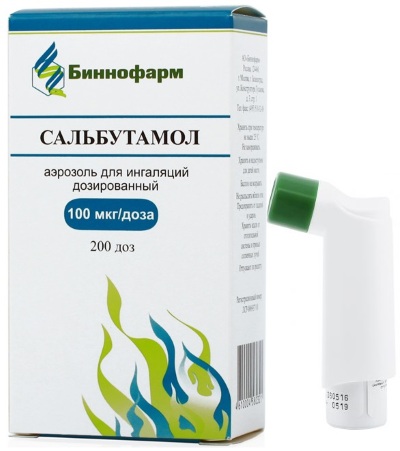
| Salbutamol (Ventolin) | Atrovent | |
| Dosing schedule |
|
The dosage schedule for each patient is selected individually, depending on the age and severity of the clinical picture. |
| Contraindications | The drug is contraindicated in case of allergy to its composition, with the threat of miscarriage, premature birth. | The medicine is contraindicated in case of intolerance to its composition, as well as atropine. It is prohibited in the first trimester of pregnancy. |
| Side effects | Salbutamol can cause peripheral vasodilation, increased heart rate, headaches, dizziness, nausea, vomiting, low blood potassium levels, allergies, low blood pressure, muscle cramps, tremors hands. Some patients may develop paradoxical bronchospasm. | The medication can cause allergies, headaches, dizziness, dilated pupils, deterioration of vision, increased intraocular pressure, redness and swelling of the conjunctiva, disorders accommodation. In addition, against the background of therapy, increased heart rate, irritation and dryness of the pharynx, the appearance of a cough, narrowing of the bronchial lumen are possible, laryngospasm, nausea, gastrointestinal motility disorders, indigestion, lack of stool, vomiting, stomatitis, delay urine. |
Antibiotics
Antibiotics are prescribed for bronchitis of bacterial etiology, as well as when a secondary infection provoked by bacteria has joined the non-bacterial inflammation of the bronchi.
Before starting antibiotic therapy, it is advisable to identify the causative agent of the disease and determine its sensitivity to antimicrobial agents. When this is not possible, broad-spectrum antibacterial medications are prescribed.
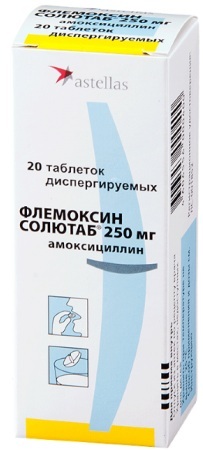
Aminopenicillins such as ampicillin, amoxicillin (Flemoxin Solutab, Amosin) are considered first-line drugs.
They are well tolerated, they can be prescribed to adults and children, in a suitable dosage and dosage form, they are allowed to be taken from birth.
To expand their spectrum of antibacterial activity, they can be used in combination with β-lactamase inhibitors, such as clavulanic acid. These are medicines such as Amoxiclav, Augmentin. The course of treatment with them should be at least a week.
If you are allergic to aminopenicillins, macrolide antibiotics are prescribed, such as Erythromycin, Azithromycin, which have a bacteriostatic effect.
These medicines are not only active against bacteria, but also mycoplasma and chlamydia, so they can be used for atypical bronchitis. Azithromycin-based drugs can be used in adults and children over six months.
The main advantage of these medicines is that they need to be drunk only once a day for 3 days; in severe cases, the duration of therapy can be increased to 5 days. Macrolides are considered the least toxic antibiotics. Azithromycin on sale can be found under such trade names as Sumamed, Hemomycin.
For adults with bronchitis, fluoroquinolones may be prescribed, which may contain levofloxacin or moxifloxacin as the main components. They are contraindicated in children, since these medications can disrupt the growth of cartilage tissue in children.
Sometimes, with inflammation of the bronchi, cephalosporins such as cefazolin, cefuroxime (Zinnat, Zinacef) can be prescribed. Medicines of this group are not allowed for patients with penicillin intolerance, since cross-allergy is possible.
All antibiotics are available with a doctor's prescription, so self-medication is prohibited. Even if the signs of the disease disappear, it is imperative to undergo a course of therapy to the end, otherwise resistant strains of microorganisms may appear.
During antibiotic therapy, the body must maintain a constant concentration of antimicrobial means, therefore, a single dose of the drug should enter the body after the same time interval.
Features of the use of drugs for bronchitis in children
For bronchitis, children are usually helped by the same drugs as adults, but they are prescribed drugs in suspension, syrup and dispersible tablets and in dosages that correspond to the age of the patient.
In case of viral infection, persons under 15 years of age should not be prescribed medications based on acetylsalicylic acid, such as Aspirin, Upsarin Oops, as they can cause the development Reye's syndrome. This is a dangerous disease that can be fatal.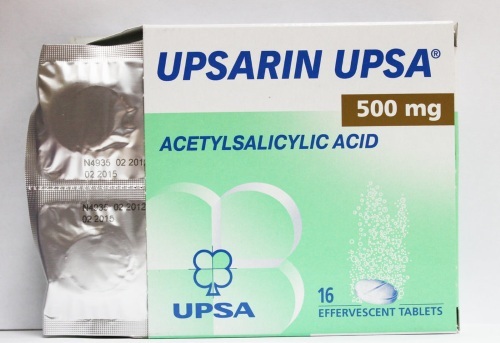
Children cannot do steam inhalation; it is permissible for them to carry out the procedure using a nebulizer.
Antibiotics are prescribed for children for bronchitis of bacterial genesis, their appointment for bronchial inflammation of viral etiology increases the risk of developing pneumonia.
If it is not possible to identify the causative agent of the disease and determine its sensitivity to the drug, then the antimicrobial agent is prescribed empirically. When 3 days have passed since the start of antibiotic therapy, and no positive dynamics is observed, another medication is prescribed.
Also, antibiotics should not be prescribed for bronchitis caused by fungi, since in this case they will accelerate the growth of pathogenic agents and worsen the patient's well-being.
Inhalation
Inhalation with bronchitis stops the inflammatory process, destroys pathogenic microorganisms, liquefies phlegm and promotes its discharge.
For the procedure, it is recommended to use a nebulizer, to which various medications can be added, for example, saline, Ambrobene, Lazolvan. These drugs help to drain the mucus. If obstruction occurs, bronchodilators may be added to the nebulizer.
Hot steam inhalation is not very effective and can cause burns to the face and respiratory tract. In addition, they are prohibited in an acute purulent process.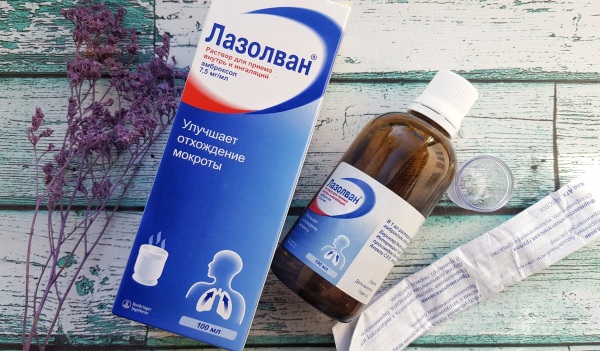
In general, inhalation should not be carried out if the patient has:
- intolerance to the composition of the medication used for inhalation;
- heat;
- nose and pulmonary bleeding;
- the presence of blood in the bronchial secretions;
- severe cardiovascular pathologies.
Physiotherapy
The use of auxiliary therapies helps with bronchitis.
The following physiotherapy techniques can be used:
- Electrophoresis. It comes in 2 types - with galvanization and the use of drugs. In the first case, the body is exposed to an electric current. Such physiotherapy relieves the inflammatory process, improves metabolism, and accelerates tissue healing. If electrophoresis is performed using medications, you need to make sure that there is no allergy to it. You can carry out the procedure with calcium chloride, which has a mucolytic effect and promotes the discharge of sputum. In case of bronchitis with obstruction, it is recommended to carry out electrophoresis with aminophylline, which relieves spasm of smooth muscles and signs of respiratory failure, improves the general well-being of the patient. If the procedure is carried out with potassium iodide, then this medication has an anti-inflammatory effect, slows down the growth of pathogenic agents. For patients with chronic bronchitis, electrophoresis with Lidase is recommended, which restores the patency of the lower airways.
-
Chest massage. Thanks to it, the lumen of the bronchi expands, blood flow in the bronchopulmonary system improves and facilitates the evacuation of sputum. In time, the procedure should last 5-10 minutes. The massage course can vary from 7 to 10 days. Especially chest massage is recommended for patients with an unproductive cough, so that phlegm starts to drain.
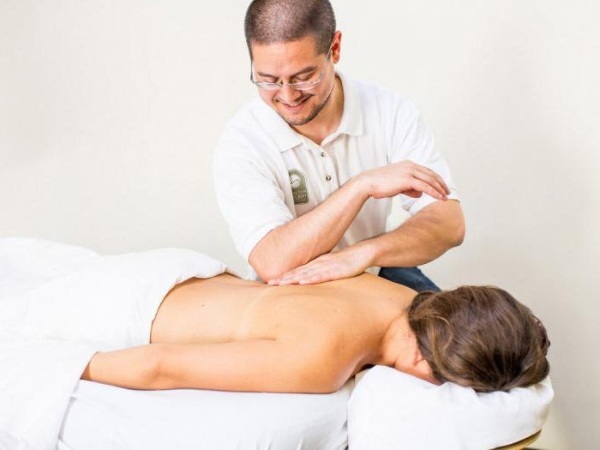
- Magnetotherapy. During the procedure, an alternating magnetic field is used, which dilutes the blood and dilates blood vessels, as a result of which blood circulation is improved. Also, thanks to magnetotherapy, gas exchange is normalized, sputum liquefies and its excretion is facilitated, local immunity increases, and the healing of the lung epithelium is accelerated.
- UHF therapy. It relieves inflammation, expands the lumen of the bronchi, and improves immunity. During the procedure, the body is exposed to high frequency electromagnetic fields. In adults, it can vary in time from 10 to 15 minutes. In children, the duration of therapy is reduced by 2 times. The number of sessions can be 7-12. Thanks to UHF therapy, recovery is faster.
- UV irradiation of the mucous membranes. Ultraviolet irradiation has an antibacterial effect, it stimulates metabolism, accelerates the healing of damaged respiratory mucosa. Thanks to the procedure, recovery is accelerated, the likelihood of the disease becoming chronic is reduced. Its duration can vary from 5 to 10 minutes. In total, the course may require 5-10 procedures.
Physiotherapy is contraindicated in women in position, as well as in the presence of the following health problems:
- crayfish;
- heat;
- acute period of infection.
Breathing exercises
Respiratory gymnastics for bronchitis improves blood flow in the bronchopulmonary system and sputum discharge, increases the body's defenses and the level of hemoglobin.
It cannot be done with high arterial and intracranial pressure, cardiovascular diseases. It is not recommended to do breathing exercises after eating. There are many breathing exercises.
Children and adults can do the following exercises:
- Quickly inflate a balloon, blow soap bubbles, blow fluff off dandelions.
- You can blow the whistle.
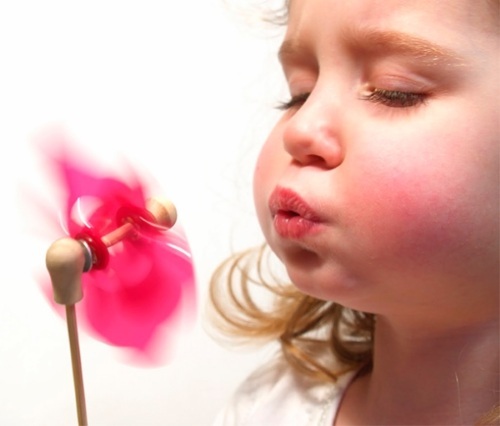
- You can hang the feather on a string and blow on it, while you need to make sure that the inhalation is through the nose and the exhalation is through the mouth.
It is necessary to do such exercises every day; in time, one session should not be longer than 5 minutes.
Folk remedies
With the development of the disease, you can use the recipes of traditional medicine.
Chopped horseradish with honey helps with bronchitis. They must be taken in equal proportions. It is recommended to take the mixture before meals three times a day. The course of therapy should continue until the signs of the disease pass.
You can also grind a lemon with 50 g of horseradish and drink them for 1 tsp. l. in the morning on an empty stomach and at night.
There are many drugs on sale that help with bronchitis, but the doctor must decide which one is best for a particular patient.
Videos about bronchitis
Bronchitis. Treatment:



